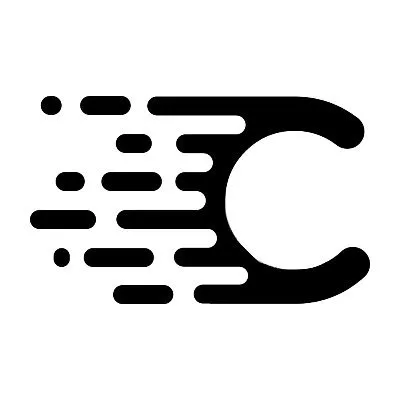Cloudpress is a powerful integration tool that automates content export from Google Docs and Notion to your CMS platform. By incorporating Relevance AI, you can enhance this integration with advanced AI capabilities, transforming your content management into a more intelligent and efficient workflow.


Cloudpress streamlines content management by allowing direct exports from Google Docs and Notion to your CMS. With Relevance AI, you can leverage intelligent AI Agents to optimize and automate these processes, ensuring efficiency and accuracy.
Content Orchestration Mastery
The AI agent gains advanced capabilities to orchestrate and automate complex content workflows across multiple platforms and formats.
Scalable Content Intelligence
Enable the agent to generate and optimize thousands of content pieces while maintaining consistent quality and brand voice.
Automated Quality Assurance
Leverage AI-powered content validation to ensure consistency, accuracy, and brand compliance across all generated content.
Relevance AI seamlessly integrates with Cloudpress to enhance your content workflows through automated document exports.
What you’ll need
You don't need to be a developer to set up this integration. Follow this simple guide to get started:
- A Relevance AI account
- An Airtable account with access to the base and table you'd like to use
- Authorization (you'll connect securely using OAuth—no sensitive info stored manually)
Security & Reliability
The Cloudpress integration with Relevance AI streamlines your content workflows by automating the export of documents from Google Docs and Notion directly to your CMS platform. This integration ensures that your content is synchronized seamlessly, maintaining formatting integrity and allowing for bulk collection processing.
With OAuth-based secure authentication, you can confidently manage your content exports without worrying about unauthorized access. Relevance AI handles all API operations in the background, so you can focus on creating and managing your content without the hassle of formatting or connectivity issues.
Built-in validation and error handling ensure that your workflows run smoothly, even when dealing with various data formats. By following best practices, such as validating input parameters and implementing retry logic for failed requests, you can optimize your integration experience.
No training on your data
Your data remains private and is never utilized for model training purposes.
Security first
We never store anything we don’t need to. The inputs or outputs of your tools are never stored.

To get the most out of the 0CodeKit + Relevance AI integration without writing code:
- Start with a clear setup: Ensure your 0CodeKit account is properly configured with the necessary OAuth credentials and permissions.
- Utilize example code: Leverage the provided code snippets for PDF compression and barcode reading to jumpstart your integration.
- Validate inputs: Always check your input parameters for correctness before making API calls to avoid unnecessary errors.
- Test with sample data: Run your automations using test PDFs and images to ensure everything works smoothly before going live.
- Monitor API usage: Keep an eye on your API calls to avoid hitting rate limits, and implement caching where appropriate.









